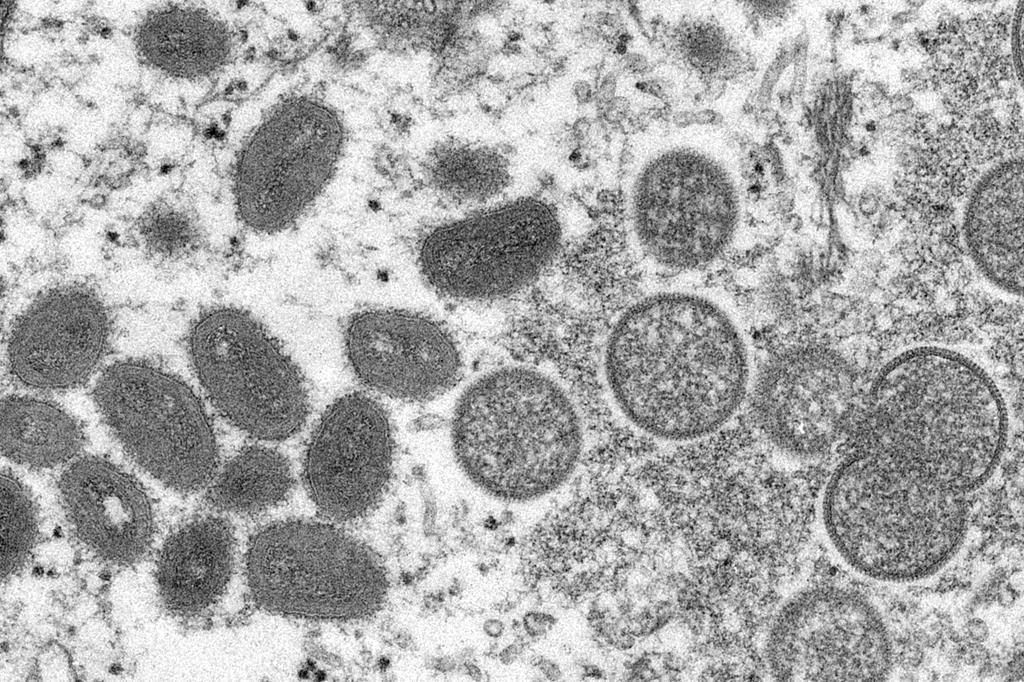Toronto Public Health (TPH) says as of Thursday morning, it is “not aware of any local cases” of monkeypox in the city.

“TPH has received Qs on recent reports of monkeypox,” the public health unit said. “We’re not aware of any local cases, but we’re aware of cases in other jurisdictions & in Canada. We’ll continue to closely monitor this situation & keep the public informed if our local situation changes.”
Symptoms of monkeypox include fever, headache, fatigue and muscle aches, according to the Centers for Disease Control and Prevention (CDC). The organization says that after one to three days of fever, sufferers of monkeypox can develop a facial rash that then spreads to other parts of the body as lesions, which later fall off.
The incubation period for monkeypox is usually seven to 14 days, but can range as wide as five to 21 days.
“Monkeypox is viral illness endemic to parts of Central & West Africa that is transmitted to ppl through direct contact with the bodily fluids or lesions of infected animals or ppl, via respiratory droplets from an infected person, or from mother to fetus,” Toronto Public Health said.
In Montreal, it was recently reported that there are 17 suspected cases of monkeypox in that region, officials said.
Public Health authorities said on Thursday that the cases have not yet been confirmed through lab testing but based on global outbreaks its likely cases of monkeypox.

Get weekly health news
Ontario health officials also released a statement Thursday indicating they are not aware of any cases of monkeypox in the province, but continue to monitor the situation.
The first confirmed case of monkeypox reported in the United States this year recently travelled to Canada, health officials said Wednesday, as concern rises over the spread of the virus in multiple countries.
Suspected and confirmed cases of monkeypox have been detected in the U.K., Spain and Portugal, according to local officials.
While there is no cure for the virus, most people recover from a monkeypox infection within a few weeks. In Africa, where the disease is most prevalent, up to one in 10 people die after contracting the virus.
— With files from Global News Jamie Mauracher & Sean Boynton




Comments